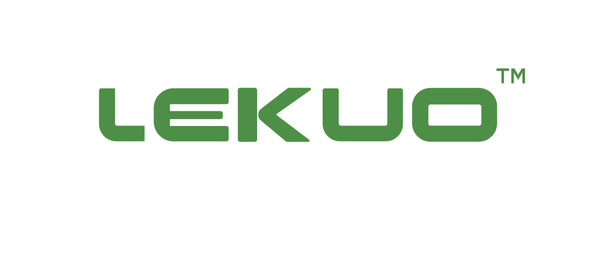🕵️Easily Distinguish New vs. Old Chips — Don’t Be a “Chip Buyer’s Pawn”
Share
In today’s rapidly evolving electronics world ⚡, whether you’re purchasing a computer 💻, upgrading hardware 🛠️, or evaluating a development board, the chip (IC) inside determines the performance, efficiency, and experience you get. But with countless products and models on the market, how can consumers confidently identify if a chip represents the latest technology 🚀 or is an outdated model 🐢? Master these key aspects and develop sharp insight 👀.
🆔 Naming and Codes: The Most Intuitive “ID Card” Chip manufacturers use systematic naming conventions that reveal generation information.
- Numbers and generations: Intel’s network chips—“I226-V” is newer than “I219-V.”

- Intel Core processors: “i7-13700K” (13th gen) vs. “i7-9700K” (9th gen).
- Letter suffixes: AMD Ryzen “7800X3D” with advanced 3D V-Cache technology outpaces “7700X.”
- Product series: NVIDIA’s “GeForce GTX 1080” → “RTX 2080” → “RTX 3080” → “RTX 4080,” where “RTX” and increasing numbers mark new architectures.
⚙️ Process Technology: A Core Measure of Advancement

Process nodes measured in nanometers (nm) indicate chip manufacturing precision. Smaller numbers mean more advanced tech, offering:
- Better energy efficiency: Smaller transistors reduce power consumption & heat 🔥.
- Higher performance: More complex circuits and bigger caches boost speed and computing power.
📅 Release Date and Batch: Precisely Locate the “Age”

Check official release dates on manufacturer sites or date codes etched on chips to avoid buying old stock marketed as new.
📦 Packaging Style: From “Big and Bulky” to “Small and Sleek”
Packaging evolves toward smaller, thinner, more integrated forms:

- Traditional: QFP or DIP with visible pins.

- Modern: BGA (solder balls underneath) or LGA (flat contact pads), reflecting newer generations.
📡 Supported Protocols and Technologies: Functional Generational Gaps

New chips support updated standards and instruction sets—old chips can’t gain these via firmware:
- PCIe 5.0 vs. PCIe 3.0 bandwidth differences.
- Advanced instruction sets like AVX-512 for specialized performance.
- Wi-Fi 6E / 7 vs. Wi-Fi 5 connectivity.
⚠️ Special Reminder: Beware of Refurbished and “Sanded” Chips
Look for:

- Clear silk-screen fonts vs. blurred or uneven ones.
- Clean solder pads vs. residue or oxidation.
- Smooth surface vs. unevenness from sanding.
As a trusted finished-product supplier, we understand that chips are just one part of the equation. Our commitment is to deliver complete, high-quality solutions that integrate the latest technology, ensuring reliable performance and excellent user experience. Choose us for products that stand out in both design and function.
🚀 Ready to upgrade your solutions with confidence? Contact us today!
📞 WhatsApp: +86 180 2533 6830 🌐 www.lekuo.shop
